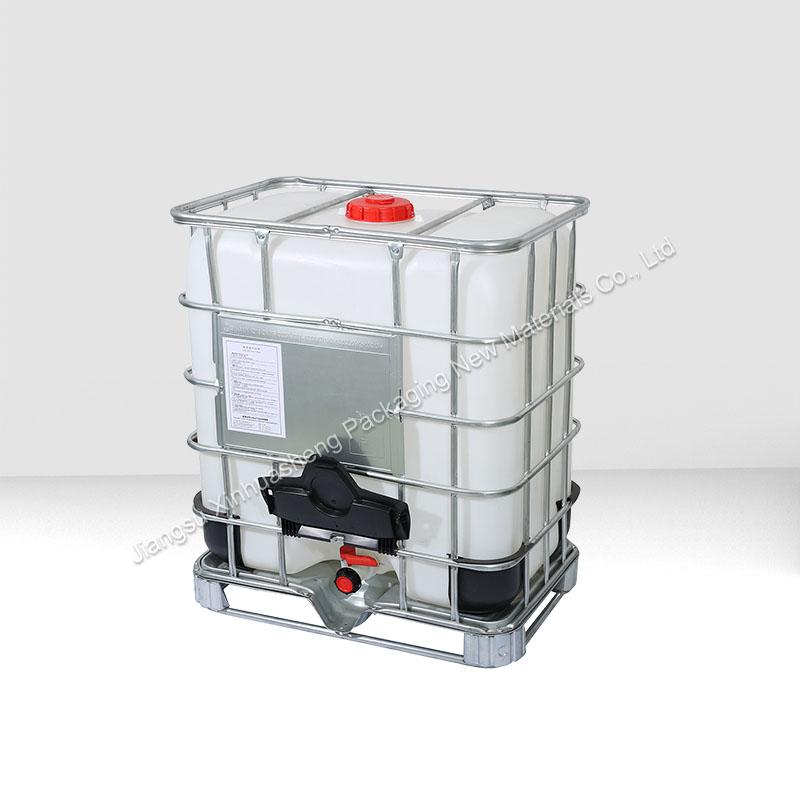Are IBC Tanks Safe for Water?
2024-12-17
Intermediate Bulk Containers (IBCs) are versatile packaging solutions widely used in various industries for storing and transporting a range of materials, including industrial liquids, hazardous chemicals, and even water. While their primary application may lean towards hazardous materials, IBC tanks are also suitable for storing water, provided certain safety and regulatory guidelines are followed.

What Are IBC Tanks?
IBCs are large, reusable containers designed to hold large volumes of liquid or bulk solid materials. These containers are constructed from various materials, including metal, plastic, and composites, and are designed to be durable, stackable, and easy to handle. IBCs come in various sizes, typically ranging from 100 gallons to 3,300 gallons (or 450 liters to 3,000 liters), making them ideal for storing and transporting a wide range of products.
Safety Considerations for Storing Water in IBC Tanks
Material Compatibility
The material of the IBC tank must be compatible with the water being stored. While most IBC tanks are constructed from materials that are inert to water, it's essential to check the compatibility of the tank material with any additives or treatments present in the water.
Cleaning and Inspection
Before using an IBC tank for storing water, it should be thoroughly cleaned and inspected to ensure there are no contaminants or leaks. This is particularly important if the tank has previously been used for storing hazardous materials.
Regulatory Compliance
Depending on the intended use of the water (e.g., potable water, irrigation, industrial use), there may be specific regulatory requirements that must be met. For example, tanks used for storing potable water must comply with local and national drinking water regulations.
Proper Handling and Storage
IBC tanks should be stored in a cool, dry, and well-ventilated area to prevent the growth of bacteria and other microorganisms. They should also be protected from physical damage, such as dents, punctures, or exposure to extreme temperatures.
Regular Maintenance
Regular maintenance and inspections are crucial for ensuring the safety and integrity of IBC tanks. This includes checking for leaks, cracks, or other signs of wear and tear, as well as ensuring that all valves, fittings, and seals are in good working condition.
Benefits of Using IBC Tanks for Water Storage
Durability and Reusability
IBC tanks are constructed from durable materials that can withstand the rigors of transportation and storage. They are also reusable, which reduces waste and environmental impact.
Cost-Effective
IBC tanks offer a cost-effective solution for storing large volumes of water. They are more affordable than traditional water storage tanks and can be easily transported and stored when not in use.
Ease of Use
IBC tanks are designed for easy handling and transportation. They can be easily loaded onto trucks, trains, or ships for transportation to remote locations, making them ideal for emergency water supply or disaster relief efforts.
Versatility
IBC tanks can be adapted for a wide range of applications, including potable water storage, irrigation, industrial use, and more. They can also be customized with various fittings and accessories to meet specific needs.
In conclusion, IBC tanks are safe for storing water, provided certain safety and regulatory guidelines are followed. By ensuring material compatibility, cleaning and inspection, regulatory compliance, proper handling and storage, and regular maintenance, IBC tanks can provide a durable, cost-effective, and versatile solution for storing water in various applications.



